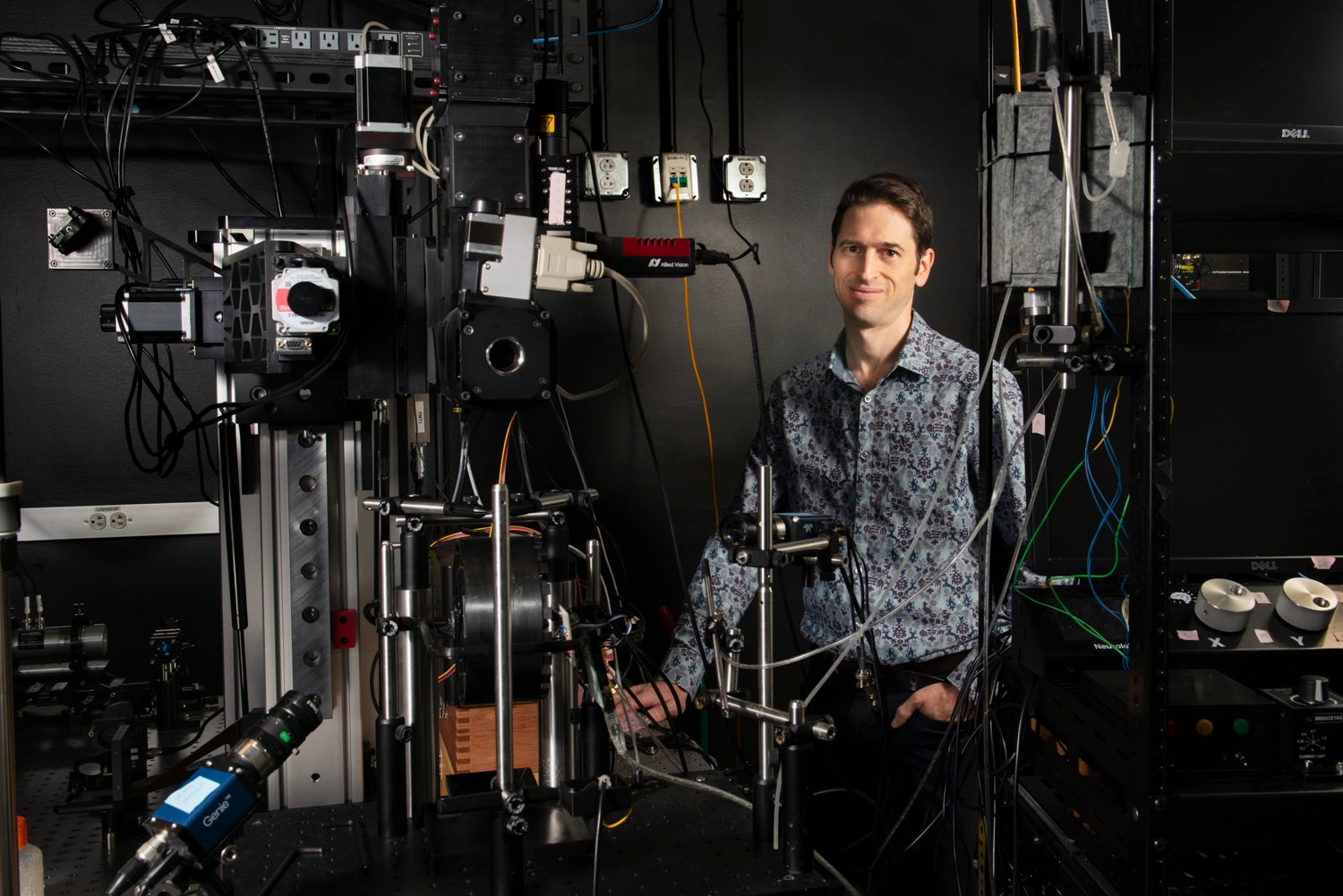
The needs of our bodies, such as hunger or thirst, have a powerful impact on the way we experience our sensory environments. Learning how motivational states are represented in the brain and how they shape the activity of neural circuits underlying perception may have significant implications both for basic neuroscience and our knowledge of brain disorders.
The Anderman lab studies how the needs of the body determine which sensory cues are attended to, learned, and remembered. In particular, we investigate how natural and experimentally induced states of hunger modulate neural representations of food cues—and the resulting consequences for obesity, binge eating and other eating disorders. Previous studies support a simple model for hunger-dependent processing of food cues: During states of satiety, food cue information enters sensory neocortex but may not flow to cortical areas involved in selective processing of motivationally salient food cues, such as postrhinal cortex and insular cortex. During states of hunger, however, these brain regions may be attentionally ‘primed’ such that food cue information spreads from visual cortex through postrhinal cortex to the amygdala and on to insular cortex – and other regions that guide food-seeking behaviors.
Using two-photon calcium imaging and multi-electrode recording in behaving mice, we are investigating the mechanisms by which genetically, anatomically and chemically defined classes of cortical neurons facilitate cue-induced feeding in a hunger-dependent manner. Such motivation-specific priming of cortical sensory representations may arise from amygdalar and hypothalamic synaptic inputs to cortex, as well as from local hormonal and neuromodulatory actions on specific cortical neurons.
